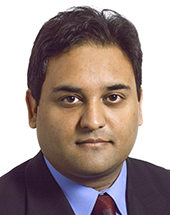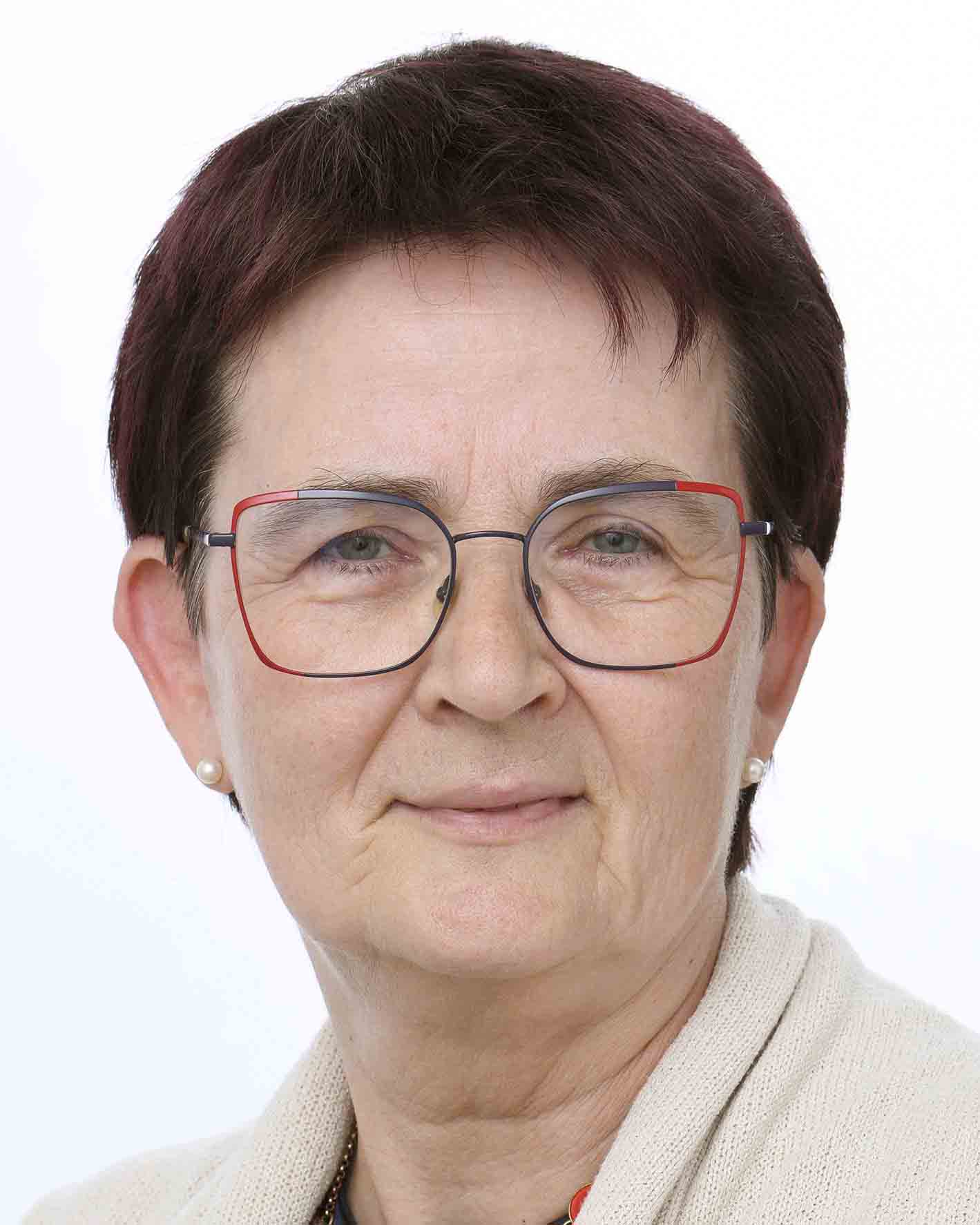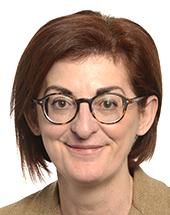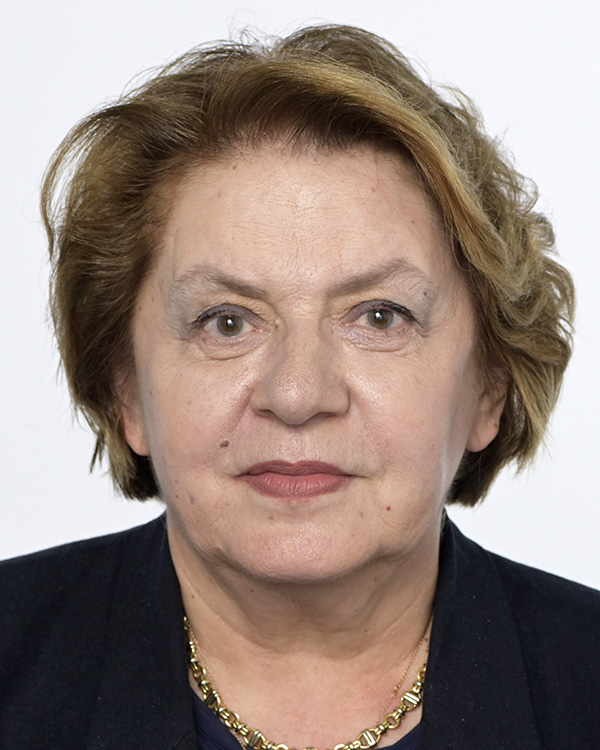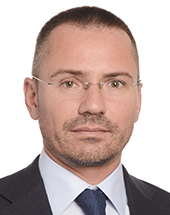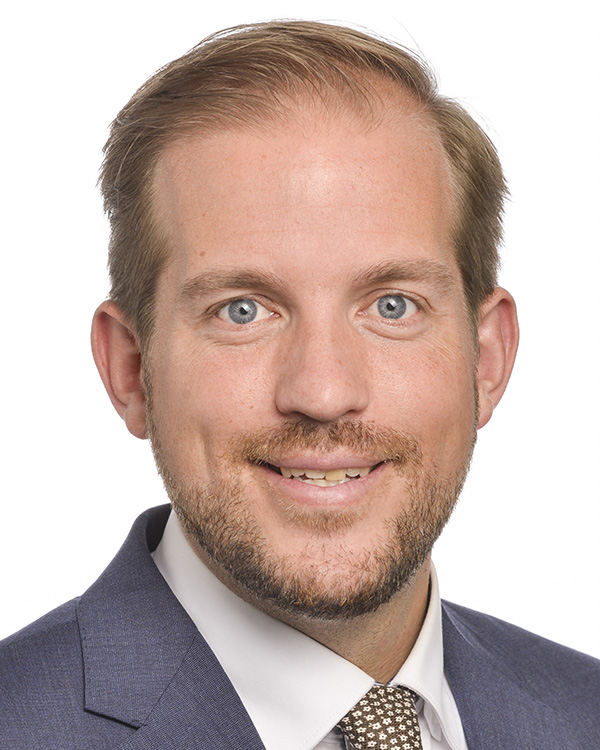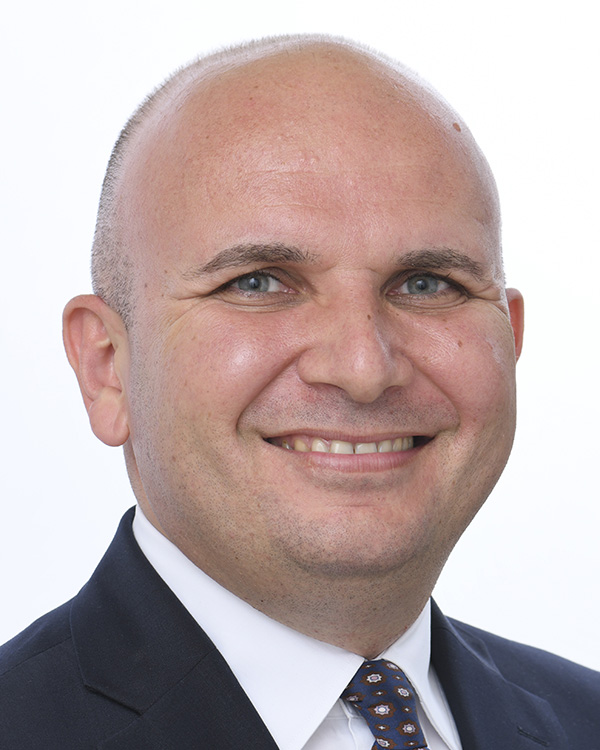
Choisissez la langue de votre document :
- bg - български
- es - español
- cs - čeština
- da - dansk
- de - Deutsch
- et - eesti keel
- el - ελληνικά
- en - English
- fr - français
- ga - Gaeilge
- hr - hrvatski
- it - italiano
- lv - latviešu valoda
- lt - lietuvių kalba
- hu - magyar
- mt - Malti
- nl - Nederlands
- pl - polski
- pt - português
- ro - română
- sk - slovenčina
- sl - slovenščina
- fi - suomi
- sv - svenska
|
| Procedūra : 2015/2697(RSP) |
| Dokumentu lietošanas cikli : | ||||||
Iesniegtie teksti : O-000064/2015 (B8-0566/2015) | Debates : PV 07/07/2015 - 14CRE 07/07/2015 - 14 | Balsojumi : | Pieņemtie teksti : | |||
| Debašu stenogramma | |
| Otrdiena, 2015. gada 7. jūlijs - Strasbūra |
|
| Juridisks paziņojums - Privātuma politika |


